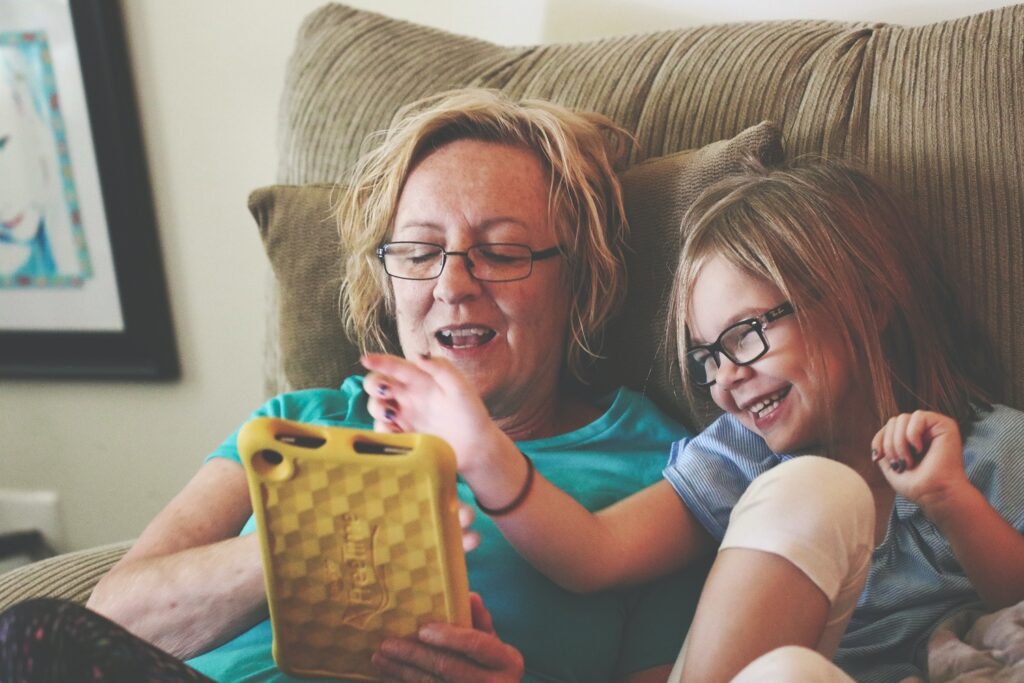Can I Foster with a Long-Term Health Condition?
Date published
20 December 2020

While undeniably rewarding, looking after vulnerable children can be emotionally challenging and physically demanding. Not only do you have to be inherently patient, compassionate and resilient (which isn’t always easy), but you also need plenty of energy to keep up with a busy and changeable household.
As a result, social workers and foster agencies consider mental and physical health concerns during the application process. However, rest assured that your medical history doesn’t necessarily mean you won’t be able to become a carer.
We’re here to explain everything you need to know about fostering with a long-term health condition, from what circumstances affect applications to avenues of support.
First of all, the most important thing when assessing an application is to determine whether or not you can provide a child with a loving and supportive home. Then, this level of care has to be consistent.
Consistency is crucial for children coming from chaotic backgrounds who rely on routine to feel safe.
Yet, it’s not always possible to provide if you have severe physical or mental health illnesses that drastically interrupt day-to-day life.
With that in mind, it’s rarely the health problem that affects applications – rather the severity and extent of the impact. For example, someone who manages their condition effectively has a better chance of becoming a carer than someone struggling with their disorder.
Before starting your fostering journey, you should carefully consider how your physical and/or mental health assimilates into your everyday life. It may be helpful to ask yourself the following questions:
Most of us will experience poor mental health at some point in our lives. Experts now believe that major depression is the second leading cause of disability worldwide, contributing to suicide and ischemic heart disease, and 1 in 6 people report feeling anxious or depressed in any given week in England.
Social workers and foster agencies recognise that potential carers aren’t immune from this – after all, they’re human like everyone else. Plus, the advances in treatment alongside a better understanding of these conditions mean people aren’t automatically disqualified based on their histories.
Nevertheless, vulnerable children must be placed in safe and secure homes with reliable caregivers. While having a mental health illness doesn’t always negate this, the possibility of relapse or poor management must be thoroughly evaluated during the application process and subsequent visits.
Evaluation questions include:
Ultimately, if you can show you’re managing your condition effectively, through medication or talking therapies, then your application has a much stronger chance.
If you’ve suffered from more severe or enduring disorders, including bipolar or schizophrenia, social workers may also need confirmation from your doctor about the stability of your condition. In these cases, your confidentiality is of the utmost importance, and all communication will be handled sensitively.
All potential foster carers must undergo an adult health check as a standard part of their application process. A doctor or nurse will lead the assessment, which checks if you’re physically fit enough to meet the needs of children in your care.
Generally, they’ll ask questions about your lifestyle and family history, measure your height and weight, take your blood pressure and arrange a blood test.
In most cases, this is the extent of the physical assessment. Long-term conditions that are manageable, like diabetes or asthma, have no bearing on your application. It’s only the most extreme physical ailments or illnesses that are taken into account.
While this is a tricky decision, it prioritises everyone’s best interests. Above all else, the focus is on placing children in homes where they’ll receive plenty of attention and stability. Caring for a vulnerable child can also be physically taxing, which may be detrimental to your wellbeing if you have a severe or progressive condition.
If you’re a foster carer struggling with your mental or physical health, then always chat with your social worker about what support is available. They aren’t there to judge you. Instead, they’ll work with you to navigate the situation.
Here at Olive Branch Fostering, we’re committed to helping carers every step of the way, no matter what arises in their lives. We offer:
Alongside this, if you’re really struggling, we have a bank of short break, respite or shared carers available to help. They’re the guardian angels of fostering, providing a break for full-time carers by looking after children from anywhere between a few hours each week to a couple of weekends per month.
To conclude, your mental or physical illness doesn’t necessarily compromise your ability to be an excellent carer. The first thing we look for are the right qualities, and whether you’re committed to helping a vulnerable child thrive. Then, we evaluate applications on a case-by-case basis, never blankly dismissing candidates because of their histories.
What’s more, our extensive range of support is designed to help you cope with possible challenges. We offer specialised training, courses, mentoring and more so you can successfully navigate the transition period and beyond.
If you’re ready to begin your fostering journey, or simply want to know more, contact our friendly team today. Alternatively, give us a call (with no obligation to go further) on 01706 558910.
Fostering insights
20 December 2020
Get in touch with us today
Contact us
